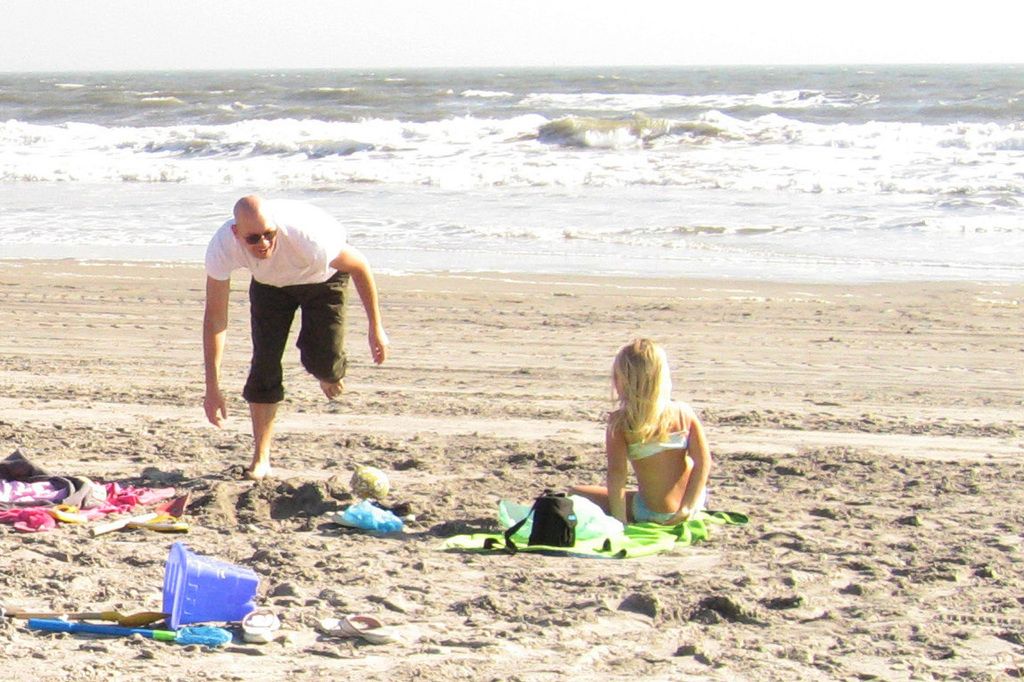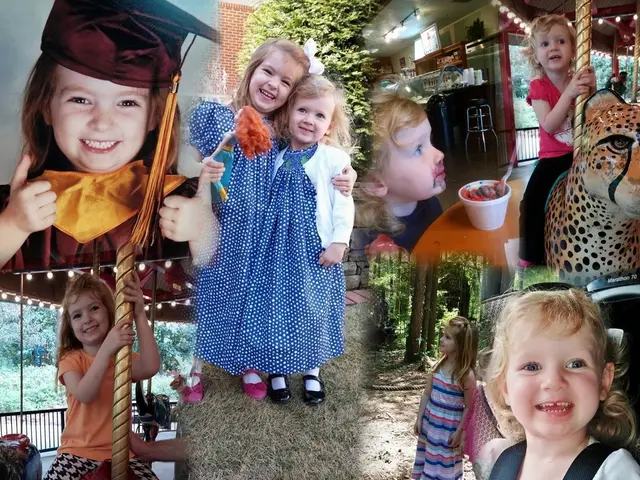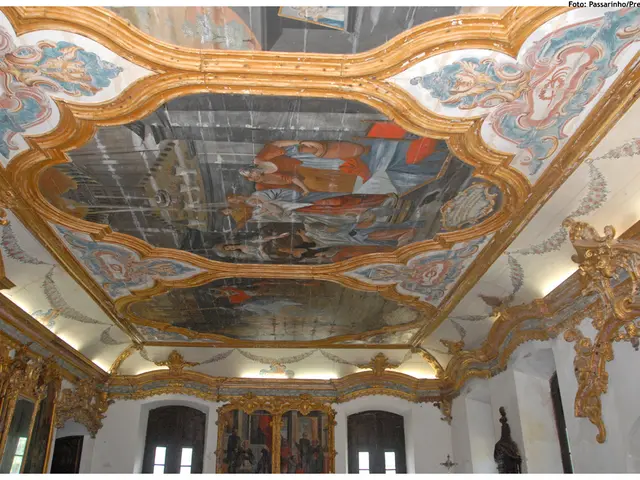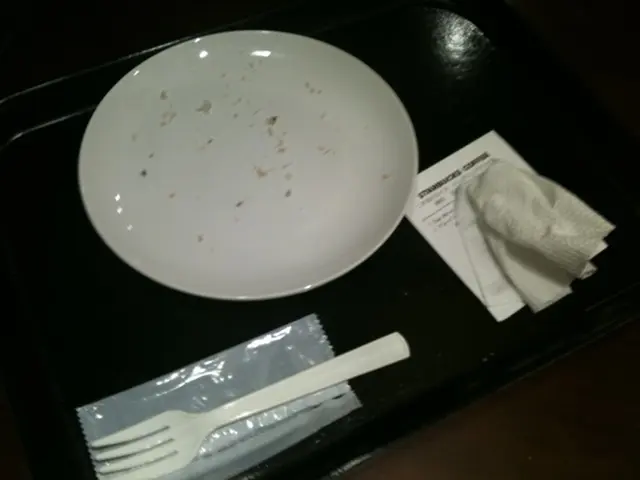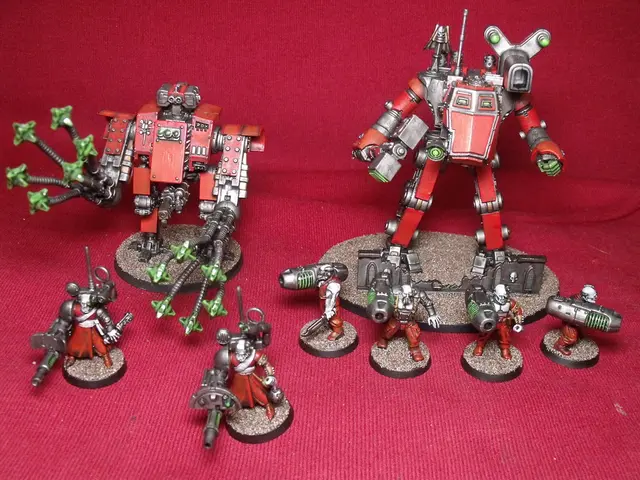Pollution in the Waterway
Get a Glimpse into the Past through the Trash of Yesteryears
Trash doesn't just symbolize reckless disposal habits; it also paints a vivid picture of our past. The dedicated team at "Blockblocks Cleanups" has been uncovering these historical gems since their inception, amassing an impressive collection over five years. Dr. Annette Fimpeler, director of the Shipping Museum, says, "Historical water pollution has long been a discussed topic at our museum. The extensive collection in the Blockblocks Cleanup archive offers us a unique opportunity to show how thoughtless actions in the past can have lasting effects on our current and future generations."
These found objects, some of which may now seem odd curiosities, each have their own compelling narratives to tell. The exhibited selection reflects the marketing trends of the post-war era. Only in the 1950s did we see a broader range of goods, and the introduction of a new packaging material to boost sales. The plastic packaging revolution had begun, still lingering today and posing a threat to the Rhine.
This non-profit initiative, through its actions and archive, serves as a stark reminder that our nearby waters, the Rhine in this case, are under threat from overburdening just like the world's oceans. Victoria Blocksdorf, founder of Blockblocks Cleanup gGmbH, explains, "We are grateful to the Shipping Museum Düsseldorf for allowing us to display our work in the castle tower. Our aim is to make the issue of plastic waste in our waters more accessible to the public. It's both astounding and intriguing to hold objects that have traversed several decades, their stories a mystery to us."
As part of the window exhibition "Time in the Flow. Waste Stories from the Rhine," a guided tour and a summer holiday program are offered. Join us on Sunday, July 30th, 3 PM for a public guided tour of the window "Time in the Flow." This tour illuminates how waste mirrors consumer behavior, from the economic miracle years to the present.
On Wednesday, August 2nd, 3 PM, children aged 8 and above can participate in the workshop, "All trash or what?". Here, they can experiment with creative upcycling ideas, transforming old plastic waste into useful new items like their own carabiner hooks.
While the details of the impact of plastic waste in the Rhine River as documented by the Blockblocks Cleanups archive and the Shipping Museum Düsseldorf remain to be explored, it's clear that rivers like the Rhine have significantly contributed to plastic pollution in oceans, posing serious environmental, health, and economic concerns.
- The unique objects found by Blockblocks Cleanups, such as plastic packaging, provide insight into the marketing trends of the post-war era within the field of environmental-science.
- The archive of the Blockblocks Cleanup initiative offers a rare opportunity for the Shipping Museum to exhibit how historical water pollution, represented by these objects, continues to impact our environment, including the oceans, through education-and-self-development.
- These exhibited findings, which span various decades, serve as a wake-up call to the public about sustainable-living and the need to reduce plastic waste, echoing the mission of organizations like Blockblocks Cleanup in home-and-garden and lifestyle practices.
- As we learn more about the connection between rivers like the Rhine and plastic pollution in oceans, it becomes evident that adopting a lifestyle focused on waste reduction and recycling is essential for the future of our planet.
